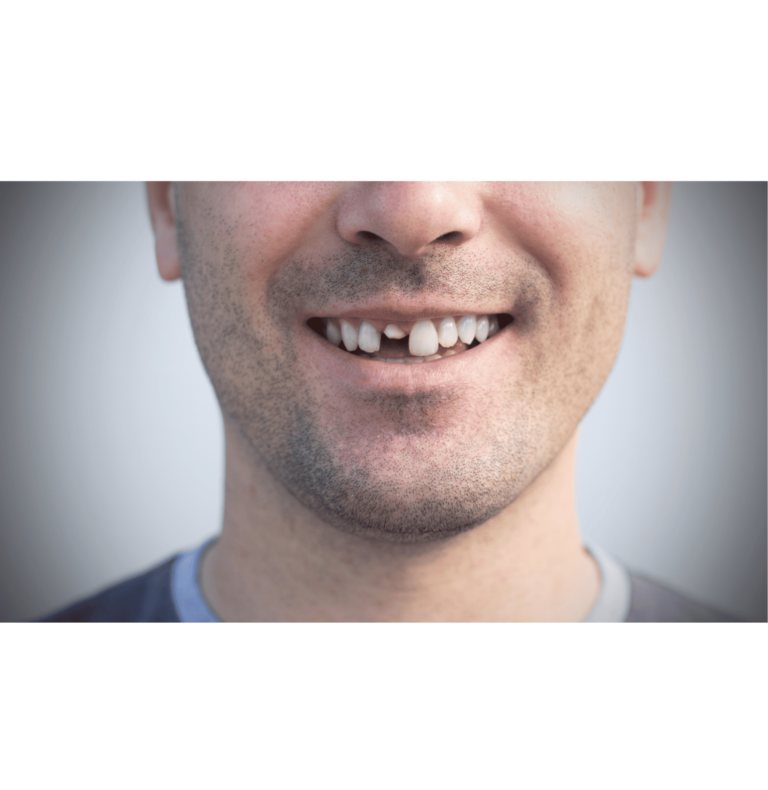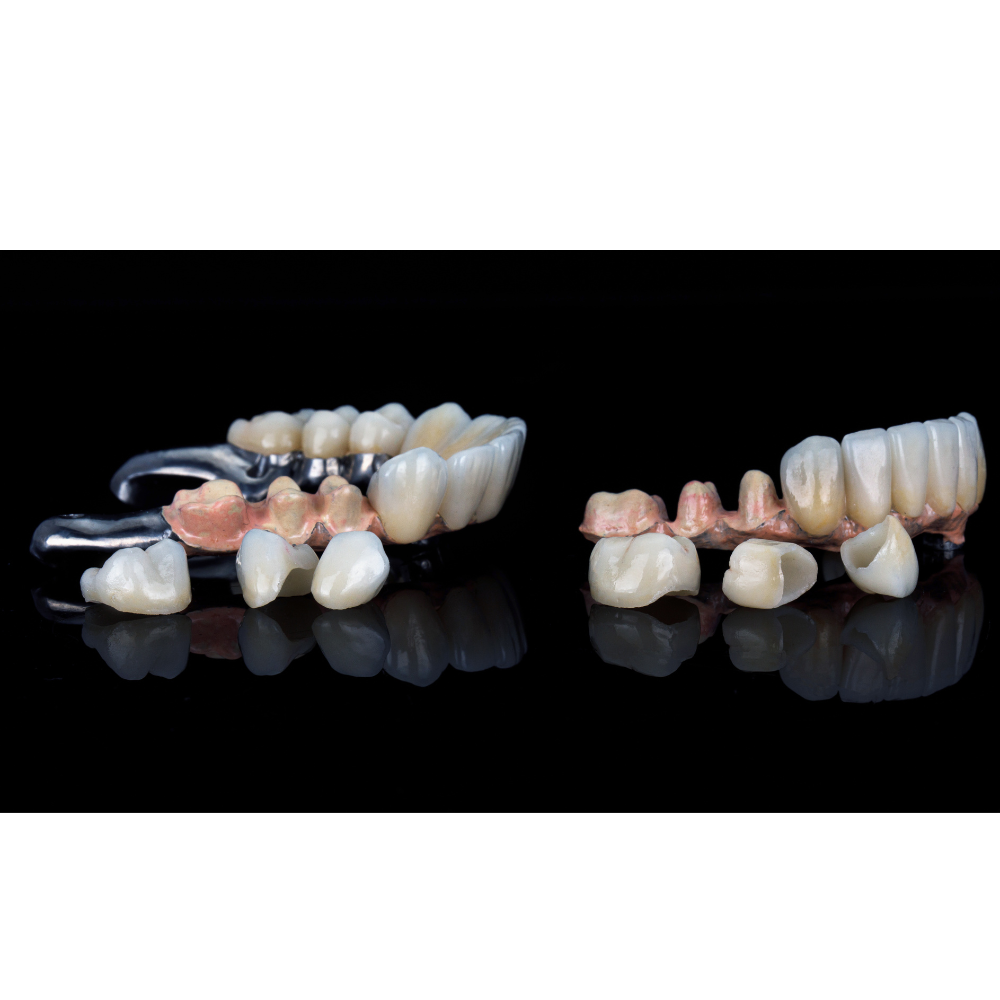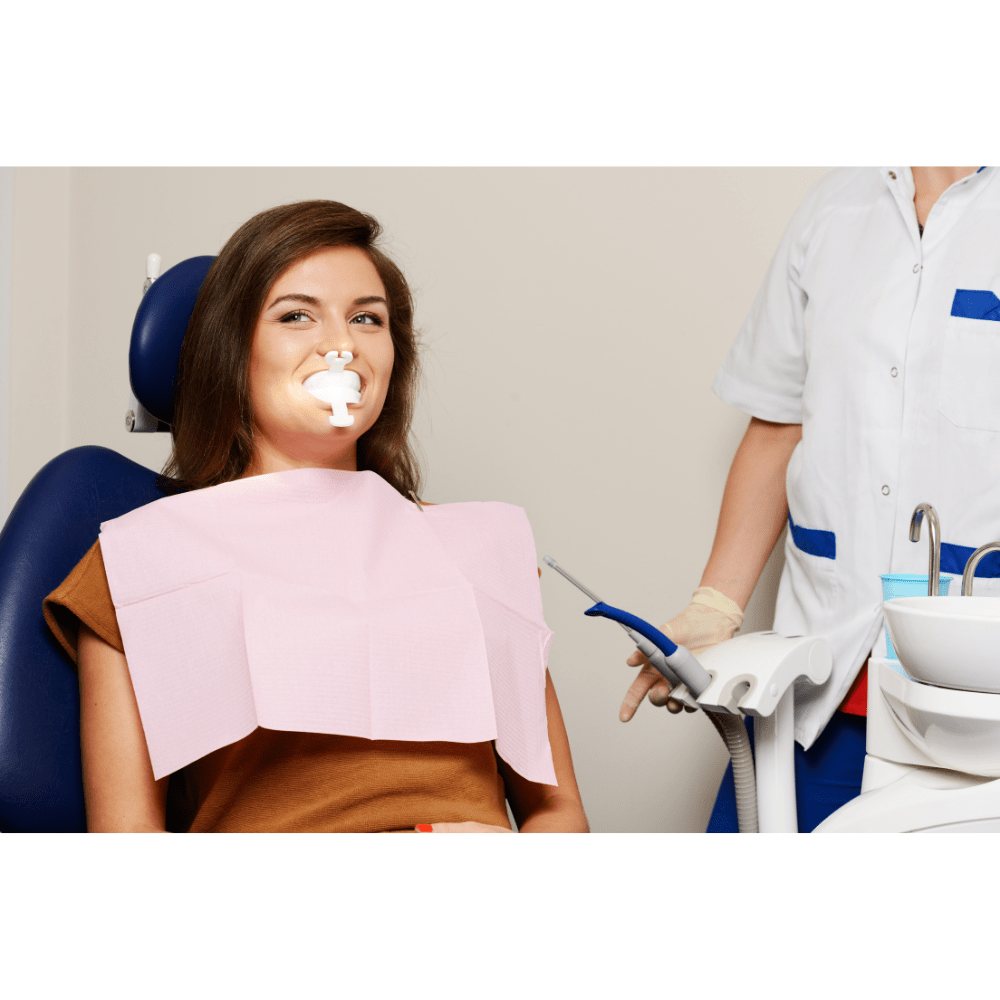Can Wisdom Teeth Make Your Teeth Crooked | A Brief Guide
Wisdom teeth can sometimes bring unwelcome surprises. While these teeth can be valuable for chewing, their arrival can also herald potential dental challenges. The knowledge about the potential relationship between wisdom teeth and dental alignment can empower us to make calculated decisions about our oral health. We will begin our discussion about wisdom teeth by knowing that they can make your teeth crooked.
Can Wisdom Teeth Make Your Teeth Crooked?
Wisdom teeth typically don’t worsen crooked or overcrowded teeth. But when wisdom teeth grow sideways or become impacted, they can disrupt the spacing in the jaw and exert pressure on neighboring teeth.
This pressure can speed up the existing alignment issues which causes crookedness or overcrowding to worsen. If problems arise, such as crowding or misalignment, your dentist will suggest removing the wisdom teeth to prevent further complications and maintain dental alignment.
Does Wisdom Tooth Removal Cause Teeth Shifting?
Yes, teeth shifting after wisdom tooth removal is possible. It can sometimes cause slight teeth shifting. When wisdom teeth are removed, it can create changes in the alignment and spacing of surrounding teeth, particularly if the wisdom teeth are impacting adjacent teeth or exerting pressure on them.
The healing process after wisdom tooth extraction can result in temporary changes to the surrounding structures, which can also contribute to minor shifting or movement of nearby teeth.
How Does Wisdom Tooth Misalignment Affect Other Teeth?
The wisdom teeth misalignment can have the following effects on your other teeth:
Impacted Wisdom Teeth:
If wisdom teeth do not fully erupt or emerge in the correct position, they can become impacted. Impacted wisdom teeth can push against nearby teeth which causes damage to their roots or leads to resorption.
Alignment Changes:
The presence of misaligned wisdom teeth can alter the alignment of the entire dental arch. This can affect the bite relationship between the upper and lower teeth which leads to malocclusion.
Tooth Damage:
Misaligned wisdom teeth can create areas where food and bacteria accumulate which increases the risk of tooth decay and gum disease in the affected teeth. Also, the pressure exerted by these teeth can cause wear and damage to adjacent teeth over time.
Pain and Discomfort:
They can also cause pain and discomfort, particularly if they are impacted or exerting pressure on nearby structures. This can manifest as jaw pain, headaches, or soreness in the mouth.

Can Wisdom Teeth Straighten Themselves Out
No, wisdom teeth do not straighten themselves out, especially if they are crooked. Once wisdom teeth start to erupt, their growth pattern is generally established, and they cannot correct misalignment on their own. If wisdom teeth are misaligned, such as growing in at an angle or impacting neighboring teeth, they are unlikely to straighten out without intervention.
In some cases, if there is enough space in the jaw and the wisdom teeth have not fully erupted, they can align themselves properly as they continue to grow. However, this is rare, and most misaligned wisdom teeth require dental intervention, such as extraction or orthodontic treatment, to address the misalignment.
What if My Wisdom Teeth Grow in Straight
In such cases, where the wisdom teeth are properly aligned and do not disrupt the surrounding teeth or jaw, they cannot require any intervention. Despite initially appearing straight, wisdom teeth can still pose risks for future dental problems, such as decay, gum disease, or impaction.
Must go to your dentist so that they can assess the alignment and health of your wisdom teeth during routine exams, often with the aid of X-rays to evaluate their positioning to neighboring teeth and structures. Based on this evaluation and your individual oral health needs, your dentist will provide personalized guidance on whether any further action.
FAQs
Will Removing Wisdom Teeth Help With Overcrowding?
Yes, removing wisdom teeth can help with overcrowding in some cases. Particularly if they are impacted or growing in at an angle, this can alleviate pressure on surrounding teeth and create additional space in the jaw. This can help prevent or alleviate overcrowding which reduces the likelihood of teeth shifting or becoming misaligned.
However, it’s important to note that wisdom tooth removal cannot always be necessary or effective for addressing overcrowding, especially if the crowding is caused by factors other than the presence of wisdom teeth. Orthodontic treatment, such as braces or clear aligners can be recommended to address more complex cases of overcrowding or misalignment.
At What Age Should You Get Wisdom Teeth Removal?
The age for wisdom teeth removal is between 18 to 24. This is because wisdom teeth typically start to emerge during this period, and early removal can prevent potential complications such as impaction, crowding, or damage to neighboring teeth.
Does Removing Wisdom Teeth Improve Face Shape?
Removing wisdom teeth does not directly improve face shape. However, in cases where wisdom teeth are causing issues such as impaction, overcrowding, or misalignment, their removal can prevent potential negative impacts on facial structure.
Why Does My Dentist Not Want to Remove Wisdom Teeth?
Wisdom teeth are only removed if they’re causing issues or are expected to in the future. There aren’t any proven health benefits to removing if they aren’t causing problems. Plus, the removal process can be uncomfortable and may have side effects. Therefore, dentists often take a cautious approach and only recommend wisdom tooth removal when necessary.



